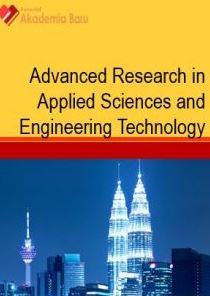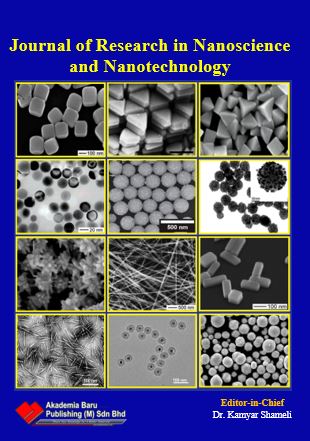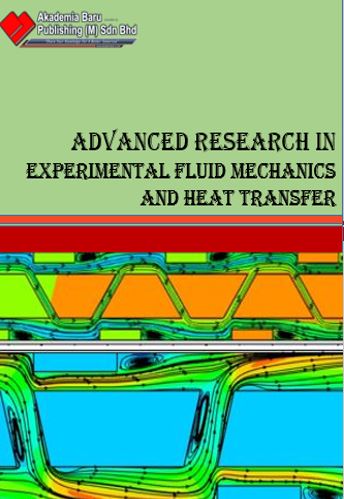Experiment Study on Heat Transfer and Flow Structure of The Single Row Circular Orifice Jets Injecting into Turbulent Boundary Layer
Keywords:
Heat transfer enhancement, Orifice Jet, Laser induced fluorescent, Turbulent boundary layer, TLCAbstract
Thermal management is a crucial issue in electrical equipment. Most of past studies focused on passive technique using solid turbulators. Active technique by using jet flow was investigated here. This paper presents a study of heat transfer and flow characteristics of a single row of orifice jets on boundary layer on a flat plate. The study was divided into two parts. Firstly, the effect of jet velocity was investigated by fixing the mainstream velocity at 10 m/s and varied the jet velocity corresponding to a momentum flux of 0.01, 0.06, 0.25, 1.0, 2.25, 4.0 and 12.25. An infrared camera captures the study of temperature distribution on heat transfer surfaces with constant heat flux. Secondly, the flow structure was investigated using laser-induced fluorescence technique. The heat transfer enhancement can be found downstream of the row of orifices. When increasing the momentum flux ratio, the heat transfer enhancement was significantly promoted. Because the generated vortex structure introduced more mainstream flow attacking the surface.





